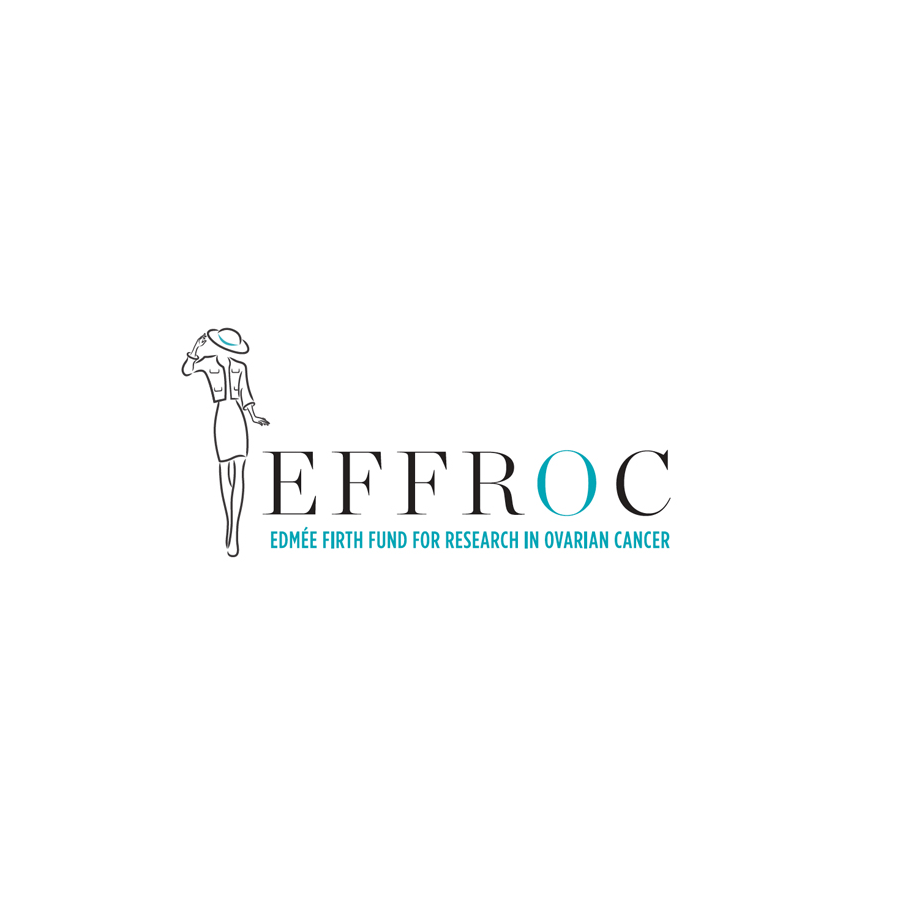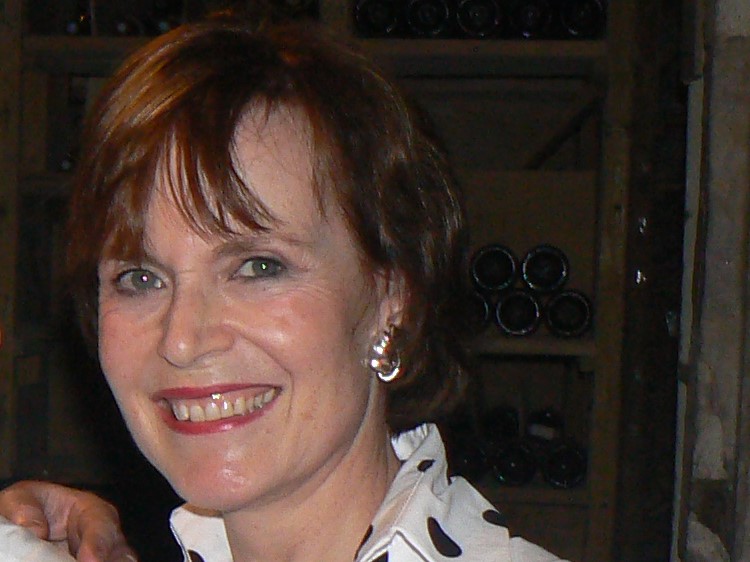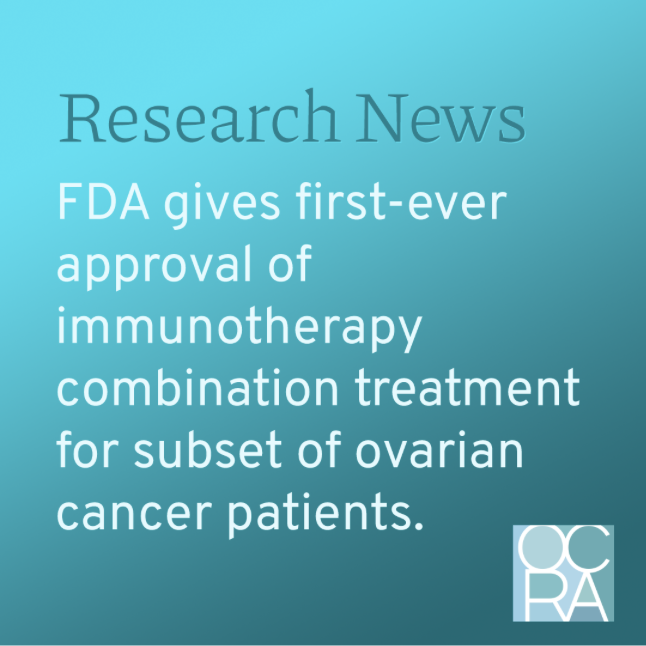Edmée Firth, a multilingual leader in the Arts and Foundation worlds, died in 2021 after a five-year battle with ovarian cancer. Her husband of 31 years, Nicholas, founded EFFROC to raise funding for research, starting with a $1 million stake. The goal is to increase that number significantly over time through public and private means.
Edmée headed the American effort to rebuild Shakespeare’s Globe Theatre in London. She was also Executive Director of the Musician’s Emergency Fund and served on many Boards, including the MacDowell Colony, the Metropolitan Opera Guild, the New York City Opera, and the Brookdale Center on Aging, as well as the New York Council for Weill Cornell Medicine. As Executive Director of the Jean and Louis Dreyfus Foundation, she made transformative grants for Aging, Arts, Education, and Social Services.




